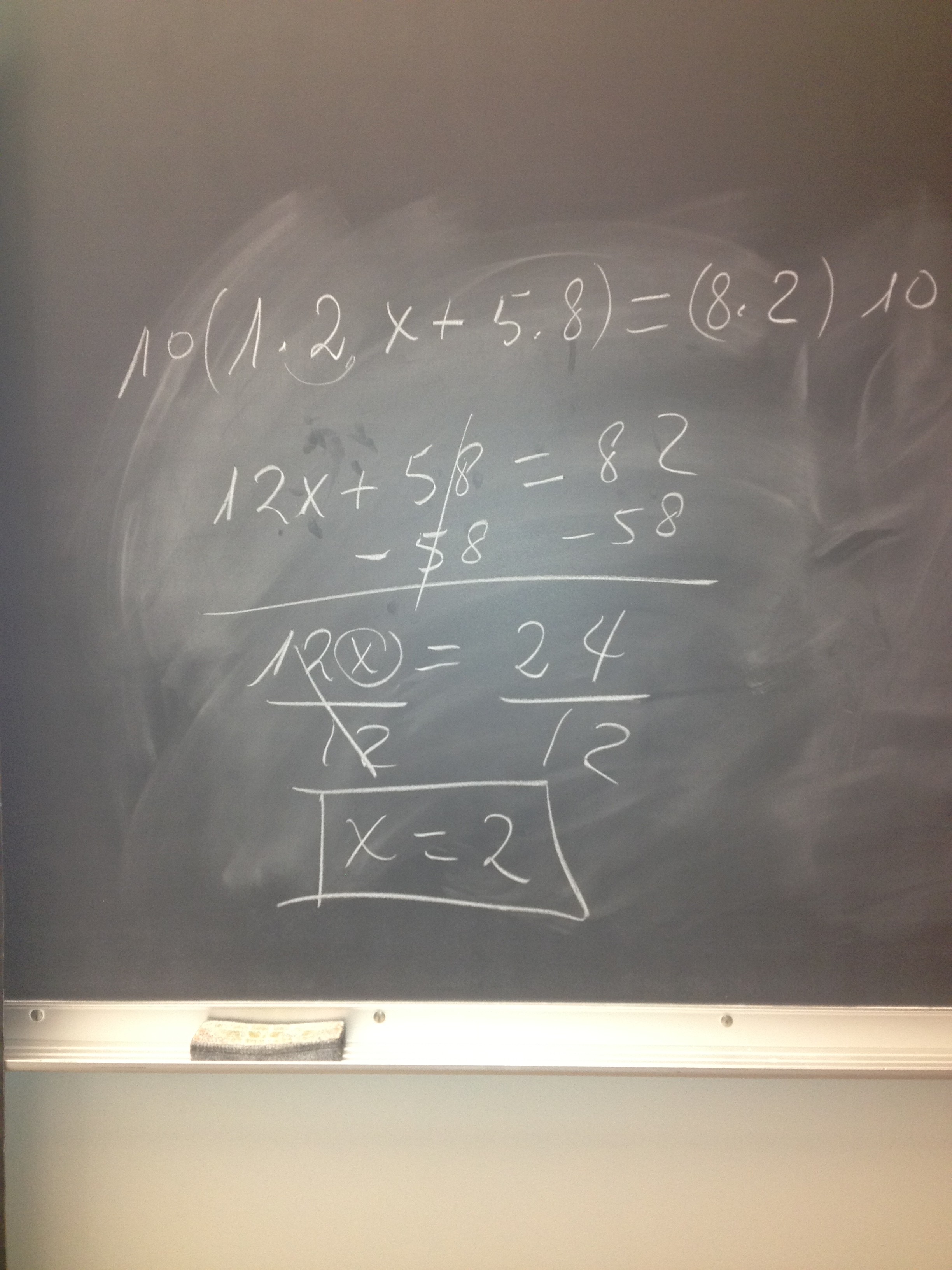Background
One in two Florida students who took the state college placement test in 2010-2011 failed at least one section of the test and had to take a remedial course when they got to campus.
The remedial courses are in reading, writing and math.
Students and the college split the cost of the courses — which come with no credit.
There’s a cost to the state’s economy as well, because students who take college remedial courses are less likely to earn their degree. And workers with college degrees typically earn more than those who do not.
Experts blame a number of causes, including the state’s focus on standardized tests and the failure of K-12 schools and colleges to coordinate.
Florida colleges has also seen more older students returning to school during a poor economy to improve their job prospects. The federal government has contributed too, with an influx of financial aid helping students pay the cost of tuition.
Students returning to college years after completing high school are more likely to need remedial classes.
But solutions could be on the way.
Colleges are seeking ways to make it easier for students to complete remedial courses quickly. And a new generation of state education standards is intended to insure that Florida high school graduates are ready for college or the workplace.
In a series of stories, the Florida Center for Investigating Reporting and StateImpact Florida will explore the growing need for remedial education among Florida’s high school graduates and older students. We’ll try to figure out how we got here and what the state can do to improve public education and provide students with the skills and tools they need to succeed in college and in the workforce.







